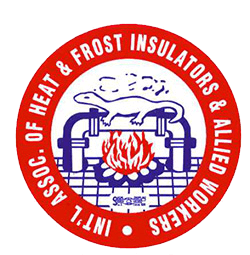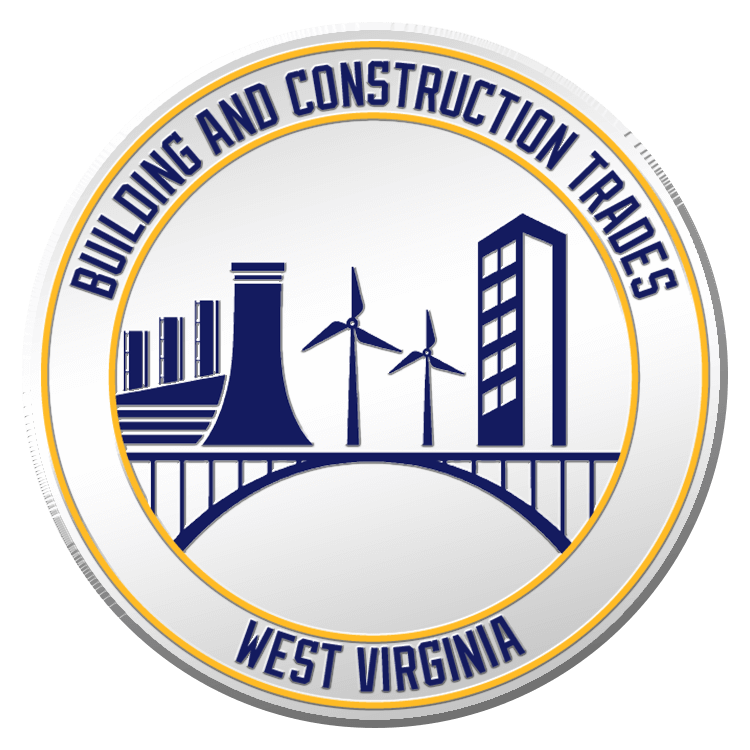Become An Apprentice


Join Insulators Local 2 JATC
Click to fill out our Application For Apprenticeship
Insulators Local Union 2
109 Pleasant Drive, Suite 200
Aliquippa, PA 15001
Apprenticeship Coordinator: Ed Seiler
insul2@jatc.comcastbiz.net
(724) 747-7514
http://www.insulators2.org/apprenticeship/
The work of the Insulator/Asbestos Worker includes the insulation of both industrial and commercial mechanical systems (i.e. piping, boilers, duct work, storage tanks, and equipment) for the purpose of energy savings; burn protection; and to control system heat transfer and condensation. The majority of work takes place in industrial (power plants, chemical process plants, refineries, steel mills, etc…) and commercial (schools, hospitals, offices, etc…) settings.
The Insulator/Asbestos Worker works with many types of insulating materials, mastics, and vapor barriers. Work is done from blueprints, using a wide variety of power tools; also cutting, leveling and fastening tools.
Working Conditions:
Work is done indoors and outdoors, sometimes in noisy and dirty surroundings. Jobs are often located in areas not easily accessible by public transportation. Work is active and strenuous; occasionally in cramped, uncomfortable conditions; and occasionally on scaffolds high above the ground. Possible injuries include falls, cuts, and exposure to hazardous dusts and chemicals. Personal protection equipment, such as respirators, safety glasses, hearing protection, fall-arrest systems, etc., is sometimes required.
Recommended High School Courses: Algebra, geometry, mechanical drawing, and blueprint reading
Applications are taken in year-round, however apprentices are selected on an as needed basis but there is no set plan as to when they are going to start another class. Look for advertisements in newspapers as well as the job centers in the 4 states that they cover.
The work of the Insulator includes the insulation of both industrial and commercial mechanical systems (i.e. piping, boilers, duct work, storage tanks, and equipment) for the purpose of energy savings; burn protection; and to control system heat transfer and condensation. The majority of work takes place in industrial (power plants, chemical process plants, refineries, steel mills, etc…) and commercial (schools, hospitals, offices, etc…) settings. The Insulator works with many types of insulating materials, mastics, and vapor barriers. Work is done from blueprints, using a wide variety of power tools; also cutting, leveling and fastening tools. Working Conditions: Work is done indoors and outdoors, sometimes in noisy and dirty surroundings. Jobs are often located in areas not easily accessible by public transportation. Work is active and strenuous; occasionally in cramped, uncomfortable conditions; and occasionally on scaffolds high above the ground. Possible injuries include falls, cuts, and exposure to hazardous dusts and chemicals. Personal protection equipment, such as, respirators, safety glasses, hearing protection, fall-arrest systems, etc… is sometimes required. To apply, visit any WorkForce WV office, Monday through Thursday, 8:30 am to 5:00 pm, and from 9 am to 5 pm on Fridays. Please check with your local WorkForce WV Office for TABE testing times. Insulators Local 2 Apprenticeship takes apprentices on an as-needed basis, usually forming one class per year but more if there is a demand. Recommended High School Courses: Algebra, geometry, mechanical drawing, and blueprint reading Visit our website and Apprenticeship page. For more information on qualifications and documentation needed to apply click here.
The Recruitment, selection, employment and training of apprentices shall be without discrimination because of race, color, religion, national origin or sex. The JATC will take affirmative action to provide equal opportunities in apprenticeship and training and will operate the apprenticeship program as required under Title 29 of the code of federal regulations, Part 30.
